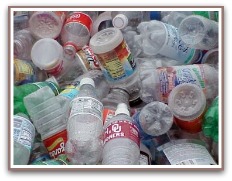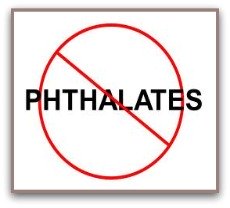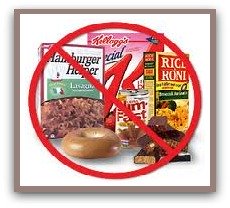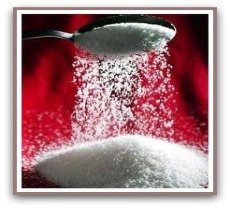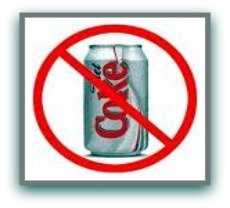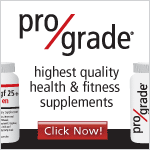|
Are Obesogens Keeping Us Fat ?
Part 2
Yikes this is a biggie, HFC is in tons of foods. Have you ever found yourself unable to stop eating something? HFC is linked to bingeing because it interferes with your bodys normal fullness response and triggers hunger. HFC is a highly addictive chemical, and causes your blood sugar to spike. HFC is strongly linked to the development of diabetes type 2. One of the best things you can do for your health is to read labels and avoid all foods and drinks with HFC in them. The food manufacturers Hunts and Sara Lee have already pulled HFC from their products, Heinz is slow to do this. Watch the news and support those companies that pull this 'crapolla' out of their products. Now we've all heard about Monosodium gluconate MSG, it has been under the health radar for many years. MSG is an obesogen used to enhance the flavor of foods, it is found in many foods including chips and dips. MSG makes you crave more food. It is also called other names such as hydrolized soya protein. Avoid any product that lists 'hydrolized' as an ingredient.
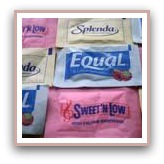
Aspartame has already been banned in Japan and has been linked to brain cancer, MS and learning disabilities. Manufacturers add the toxic ingredients: HFC, MSG and aspartame to make you buy more of their crappy products and increase their profits. They DO NOT have your health as a priority. What would happen to these companies if we all stopped buying their products??
Slow food markets and farmers markets are popping up everywhere, check your local resources. The culprits here are Bisphenol-A(BPA) from polycarbonate plastics, Phthlate plasticizers which softens plastics and various PFC compounds. These are obesogenic when they enter the body.
The Federal Centers for Disease control and Prevention (CDC)has found that 93% of us have detectable levels of BPA
in our systems. In animal studies BPA has been found to increase insulin resistance, isn't it funny that insulin resistance is a major health problem in North America today?
Perfluorooctanoic acid (PFOA) is an obesogenic chemical used to make things non stick. PFOA is used in nonstick pots and pans such as Teflon products. Researchers believe that PFOA leads to obesity problems later in life and can affect the regulation of your thyroid gland. Toss out your Teflon pans!
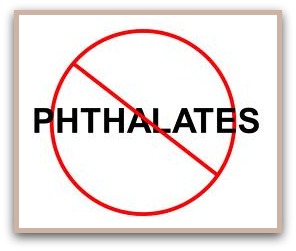
Phthlates are obesogens found in vinyl products, fragrance products and plastic wrap used to wrap meats and produce in grocery stores. Phthlates lower our testosterone levels and increase fat storage. According to research, 75% of us have detected levels of phthlates in our systems. The problem is that phthlates leach out of products into our foods, and liquids. Never, never heat food in plastic.
Part 3: How to Avoid Toxic Foods
References and links:
Bruce Blumberg, obesogen researcher for the Green Science Institute, professor of Biology at Carnegie Mellon University in California:
Bruce Blumberg video: Obesogens, Stem cells, and Maternal Programming
|
Katrina Rees-Evans RHN,HNC,BA is a practicing Holistic Nutritionist with over 23 years experience in the Natural Health Industry in Canada.
Part 1: Obesogens Cause Obesity
Part 2: List of Common Obesogens
Part 3 : How to Avoid Toxic Foods
Question: Did you know that 67% of the average Americans diet comes from only 3 sources?...wheat, corn or soy...and most of it is genetically modified.





